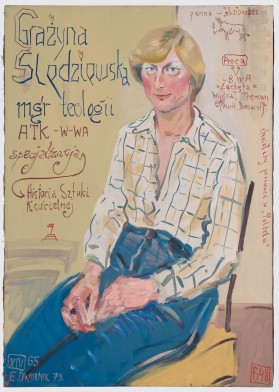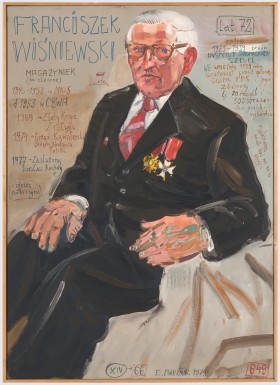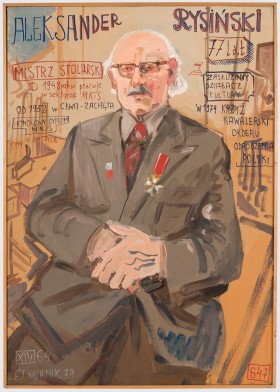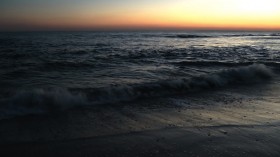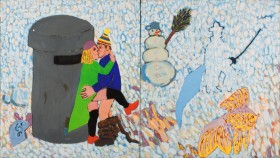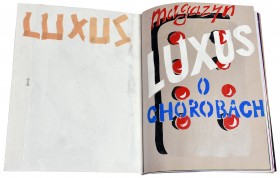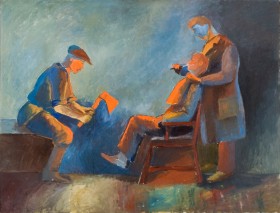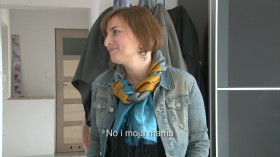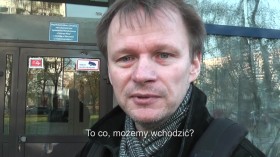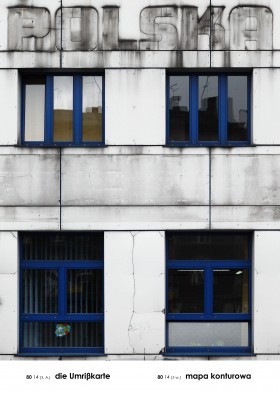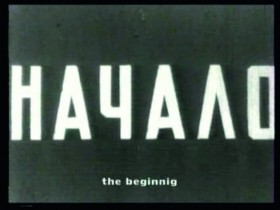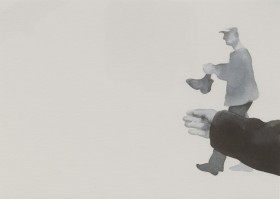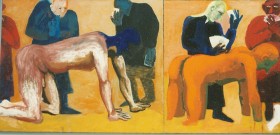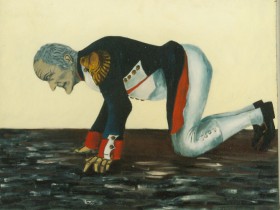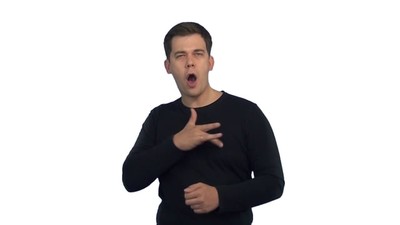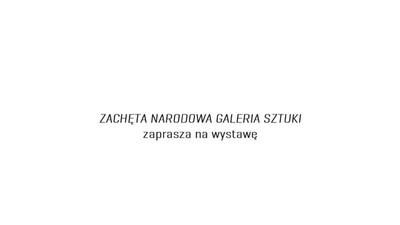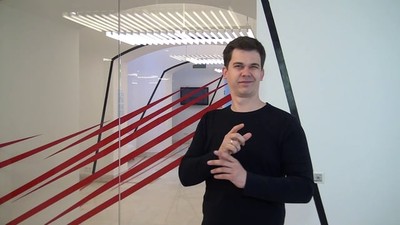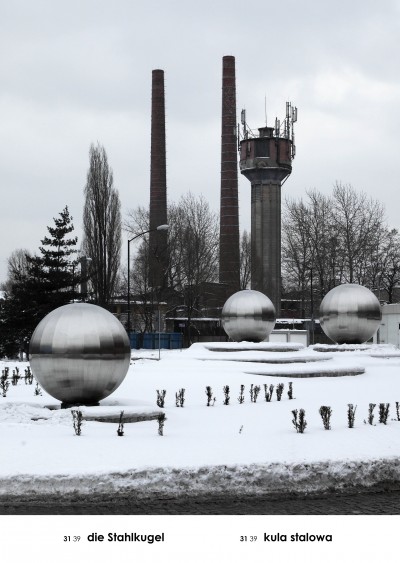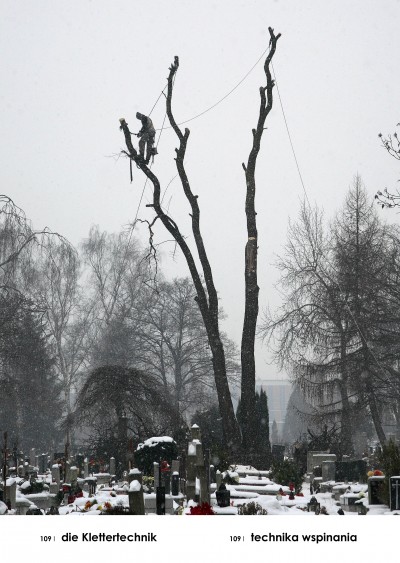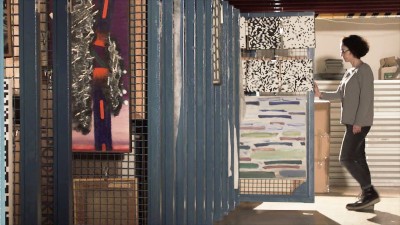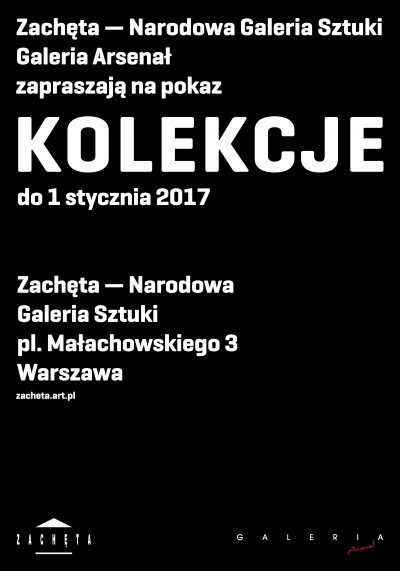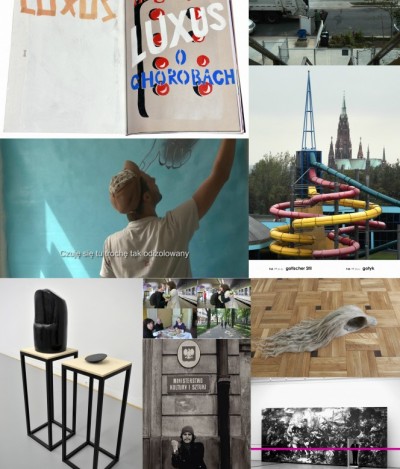Collections
05.12.2016 – 01.01.2017 Collections
Zachęta – National Gallery of Art
artists: Tymek Borowski, Vesna Bukovec, Wojtek Doroszuk, Edward Dwurnik, Wojciech Gilewicz, Ryszard Grzyb, Elżbieta Jabłońska, Anna Jermolaewa, Nikita Kadan, Tigran Khachatryan, Cezary Koczwarski, Paweł Kowalewski, Edward Krasiński, Luxus (Ewa Giepielewska, Bożena Grzyb-Jarodzka, Małgorzata Plata, Yola Ponton, Paweł Jarodzki, Stanisław Sielicki, Piotr Gusta, Artur Gołacki, Jerzy Kosałka, Zbigniew Libera), Marcin Maciejowski, Magisters (Hubert Czerepok, Zbigniew Rogalski), Jarosław Modzelewski, Witek Orski, Włodzimierz Pawlak, Karol Radziszewski, R.E.P. (Kseniya Gnylytska, Nikita Kadan, Zhanna Kadyrova, Olesia Khomenko, Volodymyr Kuznetsov, Lada Nakonechna), Adam Rzepecki, Anna Senkara, Iza Tarasewicz, Andrzej Tobis, Ryszard Woźniak, Julita Wójcik, Monika Zawadzki
curators: Monika Szewczyk, Hanna Wróblewska, Robert Rumas
cooperation: Małgorzata Bogdańska, Maria Świerżewska
coorganizer: Galeria Arsenał in Białystok
This year’s show is dedicated mainly to our sponsors: those who supported our collection through crowdfunding or in other ways. This years’ acquisitions (i.a. films by Anna Jermolaewa and Wojciech Gilewicz, Karol Radziszewski’s works, sculptures by Iza Tarasewicz and Monika Zawadzki, as well as Adam Rzepecki’s and Andzej Tobis’ photos, art book by LUXUS group, or a series of films by Anna Senkara and Cezary Koczwarski) is presented in the context of other classical works from our collection — a group of Edward Dwurnik’s works and of the Egit Foundation’s deposit, which has been in our charge for many years, focusing on the art from the 1980s, i.a. one of the most interesting debuts of that period — the formation of painters Gruppa.
The exhibition showcases Edward Krasiński’s work (created almost 20 years ago for the artist’s solo exhibition at Zachęta), which refers to the first collection of the Society for Encouragement of Fine Arts and its iconic work The Battle of Grunwald.
We also invited one of the most interesting regional collections to participate in our exhibition: the Arsenał Gallery from Białystok. Both collections have a lot in common — in a sense they are a reflection of the history and programme of the institution. Both include works which can not be simply labelled as traditional media, among them there are also immaterial works — ideas. Both are very mobile and often used for educational purposes. Zachęta’s collection due to its history (despite the Gallery’s international programme) is focused mainly on Polish art. The collection from Białystok however, includes a strong representation of East and Central European art, which is the result of Arsenał’s programme and its lively cooperation with Ukraine, Belarus, Georgia or Moldova and makes the collection unique among other regional ones.


Rockaway is a neighbourhood in New York, where the artists’s mother lives. Gilewicz accompanies her with a camera while she’s cleaning her house partially destroyed by the hurricane Sandy, a house where the artist also has his studio. The work has a biographical and personal character. It is an example of works presenting the life and work of contemporary artists — here of an independent artist living in New York.

The film was presented during the artist’s solo exhibition at Zachęta, in 2015. It tells about the unique attitude of the protagonist, a Polish woman from Kraków, who didn’t know Jermolaewa, yet helped her escape from beyond the Iron Curtain. The artist, who was one of the founders of the first Russian oppositional party, had to leave the USSR for political reasons. After many years, Anna Jermolaewa decided to find the woman and film the meeting as a kind of tribute to her for her unselfish help.

The works by Luxus were presented during the The Wild West. A History of Wrocław’s Avant-garde exhibition, co-organised with the Wrocław Contemporary Museum (2015). The legendary group from Wrocław began their activities in the 1980s, protesting against the grey everyday life under the communist regime. They began to publish a semi-legal magazine, where they presented their works. As the curators of the 2013 show stated, ‘They lived quickly, loved ardently, and are still in good shape.’

Karol Radziszewski’s work refers directly to the Installation by Edward Krasiński, from the collection of Zachęta (Krasiński referred to the pre-war history of the gallery; the installation is composed of 11 black and white reproductions of works belonging to the first collection of Zachęta, now at the National Museum in Warsaw, i.a. The Battle of Grunwald, tied with the blue tape typical for the artist). Radziszewski made a travesty of the work by the Polish conceptual classic and used his own colour of tape.

A photographer, performer and art historian, since 1979, he has been a member of the famous Łódź Kaliska group, since 1990, of the Stacja Pi.Stacja group. The purchased photos create a series of works with a common narrative. The photos are autobiographical, they tackle the question of the artist’s identity and in a humorous way, typical for Rzepecki, refer to art history and the issues of appropriation art. His photos were presented during the Cannibalism? On Appropriation in Art exhibition (2015).
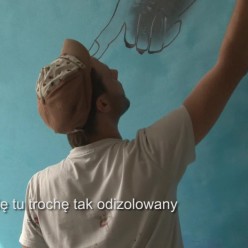
The project consists of seven films — seven meetings with significant Polish artists: Jacek Adamas, Michał Dudek, Jacek Malinowski, Katarzyna Kozyra, Monika Mamzeta, Jacek Markiewicz, and Małgorzata Niedzielko. They were presented at Zachęta during the Freelancer exhibition (2013). Anna Senkara and Cezary Koczwarski visited the artists in their homes and studios making unconventional interviews with them.

A work by the winner of the competition for young artists Views, organised by Zachęta and Deutsche Bank since 2003. This is how it was described in the catalogue to the Clinamen exhibition: ‘The Braid fitting a human head is something between a helmet, a wig and a ritual headpiece. They all refer to the method of building identity through putting subsequent layers which are supposed to protect from chaos or organise it.’

The works by Andrzej Tobis were presented at the Doubly Regained Territories: Bogdan Łopieński, Andrzej Tobis, Krzysztof Żwirblis exhibition at Zachęta, in 2012. This unique series has been realised by the artist since 2006, and it consists of remakes of illustrations to entries from the Polish-German dictionary published in 1954. The original illustrations are replaced by photos which the artist takes in Upper Silesia where he lives and works. They’re a kind of comment to the relations and contrasts between languages (Polish and German) and times (communist Poland and today).
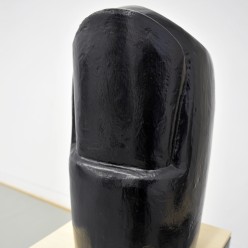
The sculpture was produced specially for the artist’s exhibition Cattle, held at the Zachęta gallery in 2014. Zawadzki is an author of simple, minimalist sculptures, she also creates paintings and videos. One of the main themes of her art is the idea of creating identity, expressed through universal shapes.
Collections
05.12.2016 – 01.01.2017
Zachęta – National Gallery of Art
pl. Małachowskiego 3, 00-916 Warsaw
See on the map
Godziny otwarcia:
Tuesday – Sunday 12–8 p.m.
Thursday – free entry
ticket office is open until 7.30 p.m.
Production of the film accompanying the exhibition "Collections":


